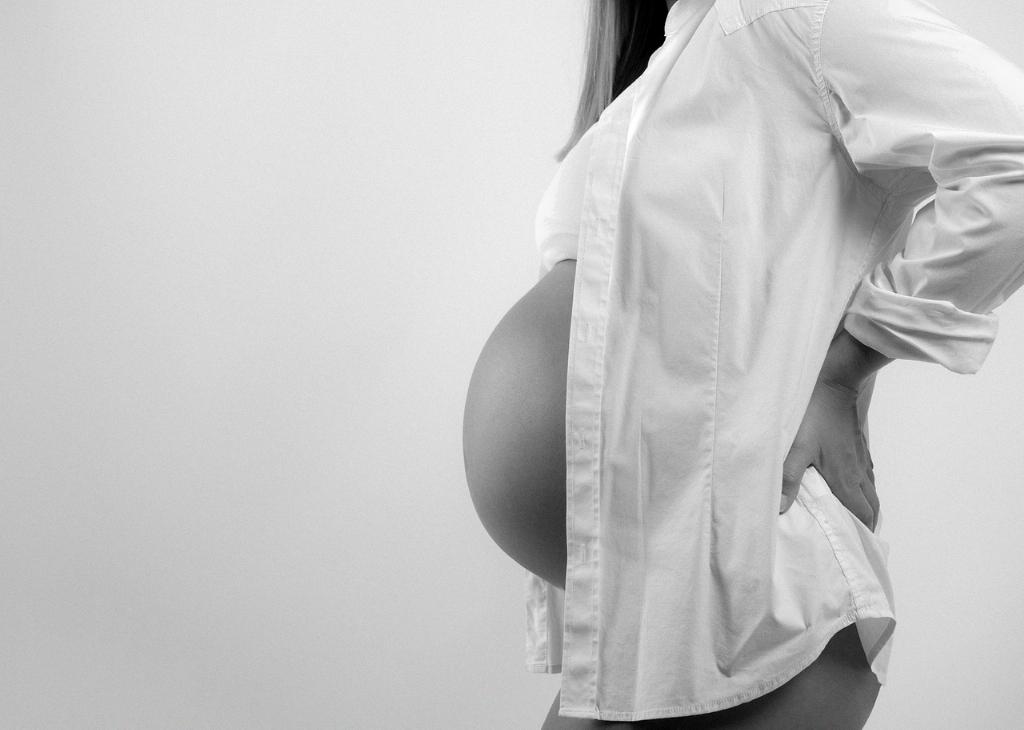When it comes to bleeding in the early stages of pregnancy, it’s important to remember that every woman’s experience is unique. The presence of bleeding does not necessarily mean that something is wrong, but it is always best to consult with your healthcare provider to rule out any potential issues.
Types of Bleeding
Some women may experience light spotting, which can range from a light pink to a brownish color. This type of bleeding is usually considered normal and may be due to implantation or changes in hormone levels.
Signs of Concern
If you experience bright red bleeding, heavy bleeding similar to a menstrual period, or severe abdominal pain, it’s essential to seek medical attention right away. These symptoms could indicate a more serious problem such as an ectopic pregnancy or miscarriage.
Duration of Bleeding
Bleeding in early pregnancy can last for a short period or extend over several days. While some women might only notice spotting for a day or two, others may experience bleeding for a week or longer. The duration of bleeding is not necessarily an indicator of a problem.
Causes of Bleeding
There are several reasons why bleeding might occur in early pregnancy. Implantation bleeding, hormonal changes, cervical sensitivity, and infection are some common causes. In some cases, bleeding may also result from conditions such as miscarriage or ectopic pregnancy.
Consulting with Your Healthcare Provider
If you experience any bleeding during the first trimester, it’s crucial to contact your healthcare provider. They can assess your symptoms, perform necessary tests, and provide guidance on the best course of action based on your individual situation.
Monitoring Symptoms
Keeping track of the amount and type of bleeding, as well as any accompanying symptoms, can help your healthcare provider make an accurate diagnosis. Be sure to note the color of the blood, the presence of clots, and any associated pain.
Managing Stress and Anxiety
Experiencing bleeding during pregnancy can be a stressful and worrying time for many women. It’s essential to practice self-care, reach out to your support system, and follow your healthcare provider’s advice to help alleviate anxiety and stress.
Seeking Emergency Care
If you have heavy bleeding, severe pain, dizziness, or fainting, seek emergency medical attention immediately. These symptoms could indicate a medical emergency that requires prompt intervention.
Emotional Support
Coping with bleeding in early pregnancy can take an emotional toll. Don’t hesitate to reach out to your partner, family, friends, or a counselor for emotional support during this challenging time. Remember, you are not alone.
Follow-Up Care
After seeking initial medical evaluation for bleeding in early pregnancy, your healthcare provider may recommend follow-up appointments to monitor your progress and ensure the health and well-being of both you and your baby.
Final Thoughts
While bleeding in early pregnancy can be concerning, it’s essential to stay informed, seek proper medical advice, and take care of yourself both physically and emotionally. Remember to trust your instincts and reach out for help whenever needed.

